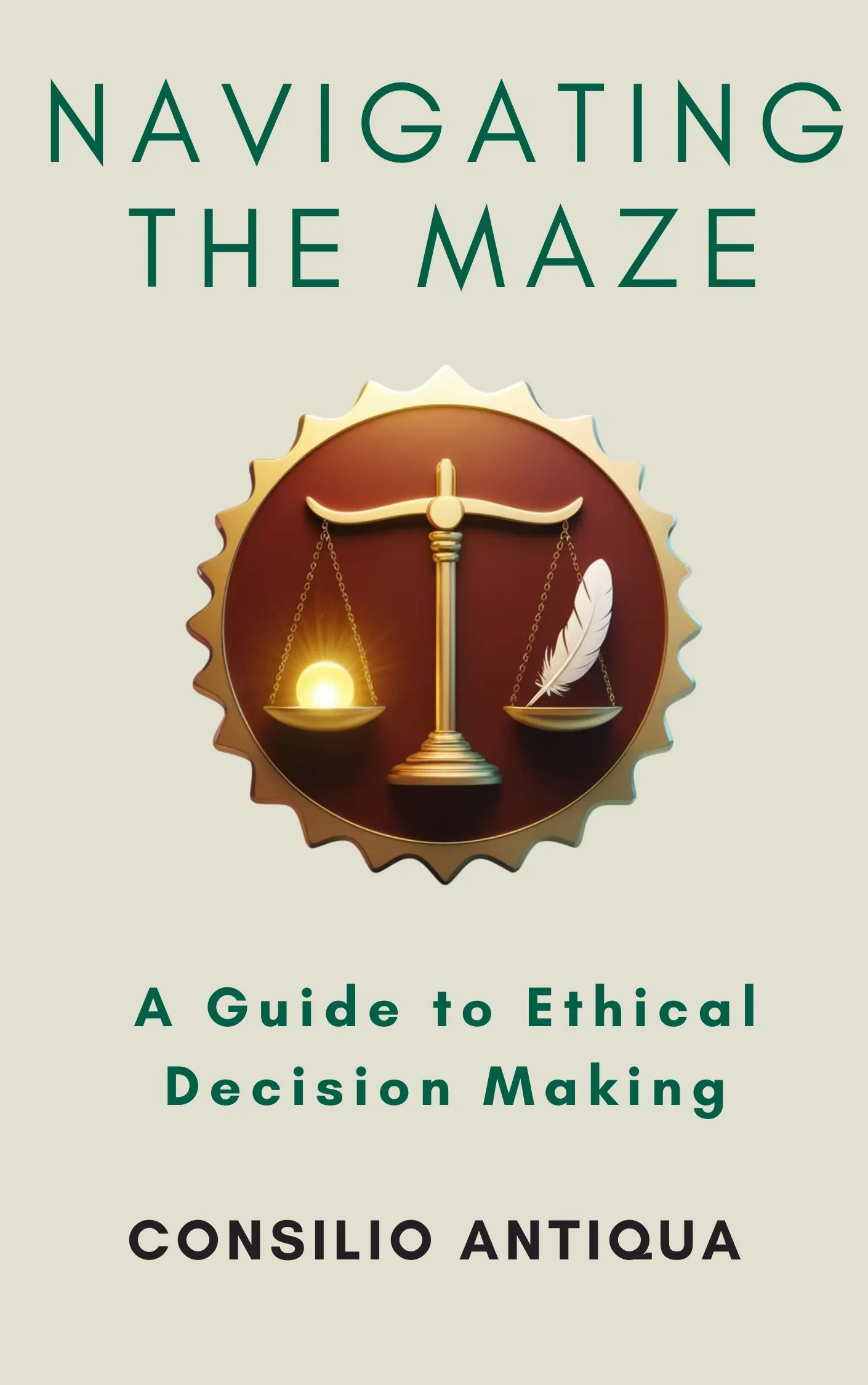
Navigating the Maze | 10: Global Ethics: Navigating Cross-Cultural Differences
10: Global Ethics: Navigating Cross-Cultural Differences
Ever found yourself in a situation where what you consider "right" feels totally different somewhere else? Like, maybe tipping a waiter is standard practice where you live, but in another country, it could be seen as insulting? That's the kind of sticky wicket we're talking about when it comes to global ethics – figuring out how to do the right thing when "right" can change depending on where you are.
One way to look at this is through the lens of something called "cultural relativism." It basically says that what's considered ethical depends on the culture you're in. Makes sense, right? Different cultures have different values and beliefs. But here's where things get tricky: if we take this idea too far, it could mean that practices we find harmful, like, say, not paying workers a living wage, could be excused just because they're accepted in a particular culture. That doesn't sit right with most of us.
So, how do we balance respecting different cultures with sticking to our own moral compass? That's where the idea of "universal ethics" comes in. These are like the ethical VIPs – principles that should apply to everyone, everywhere, no matter what. Think of things like basic human rights – the right to be safe, to speak your mind, to not be treated like property. These are generally seen as non-negotiables, regardless of where you're from.
But even with these universal guidelines, things can still get messy. Let's say you're a company trying to do business in a country where women traditionally haven't had the same opportunities as men. You believe in equal rights, but you also want to respect the local culture. How do you navigate that? It's a tightrope walk, for sure.
Now, let's zoom in on the business world. When you're dealing with international business, a whole new set of ethical challenges pops up. Think about things like making sure workers are treated fairly, protecting the environment, and steering clear of shady dealings like bribery. What might be considered a "normal" business practice in one country could be a major ethical no-no in another.
For example, imagine a clothing company that gets its materials from factories in developing countries. They need to make sure those workers are paid a decent wage and work in safe conditions. If they don't, they risk facing a public relations nightmare and damaging their brand. Or consider a tech company expanding into a country with a history of censorship. They have to figure out how to operate ethically in that environment without compromising their values.
These are just a few examples of the ethical dilemmas companies face in a globalized world. It's like a giant game of ethical chess, where every move has consequences.
So, how do you play the game well? Here are a few pointers:
- Do your homework: Before you jump into a new market, learn about the local laws, customs, and ethical norms. It's like learning the rules of the road before you start driving in a new country.
- Keep the conversation flowing: Talk to your employees, suppliers, and the local community. Find out what their concerns are and be open to hearing different perspectives.
- Be upfront and honest: Don't hide your company's ethical standards. Be transparent about how you do business and what you stand for.
- Phone a friend: If you're unsure about something, don't be afraid to seek advice from local experts who understand the cultural landscape.
As our world becomes more interconnected, understanding the ethical side of things is more critical than ever. Cultural relativism can help us appreciate different perspectives, but it shouldn't be a free pass for unethical behavior. We need to hold onto those universal ethical principles, even when things get culturally complicated.
Think about it – how can you apply these ideas in your own life? Whether you're a student, a business professional, or just someone who cares about doing the right thing, we all have a role to play in building a more ethical world. It's like a giant group project, and everyone's contribution matters.
So, let's work together to create a global ethical code that respects diversity while upholding the values that unite us as human beings. It's a big task, but hey, the world's a big place, and we're all in this together.
